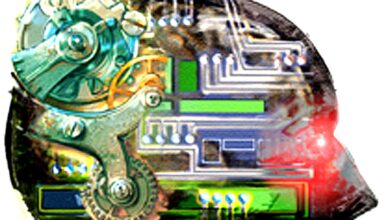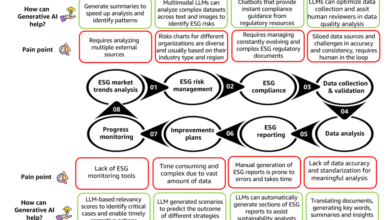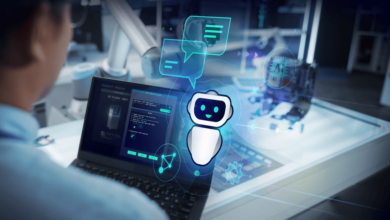Copado Applies Generative AI to Salesforce Application Testing

Copado today made generally available a generative artificial intelligence (AI) tool to automate testing of applications built for Salesforce software-as-a-service (SaaS) application environments.
Announced at a Salesforce World Tour event in New York, Test Copilot is based on an instance of the ChatGPT generative AI platform developed by OpenAI. Dubbed CopadoGPT, that platform is being embedded across the company’s DevOps platform to accelerate the building and deployment of custom applications on Salesforce’s various platforms. Test Copilot can also translate a recorded user session into a functional test script. Existing test scripts that need to be modified can also be pasted into the prompt.
David Brooks, senior vice president of evangelism for Copado, said Test Copilot will make it simpler to create tests that ultimately improve the quality of the applications being deployed. Test Copilot via a prompt can also convert existing tests, Selenium tests, or results from Copado Explorer into a reusable, maintainable robotic test. Test Copilot can also create test cases for application programming interfaces (APIs) to supplement user interface (UI) and end-to-end testing processes.
Test Copilot is an extension of Copado Explorer, a test automation platform the company launched last month. Its goal is to simplify testing custom applications more thoroughly, said Brooks. The “Holy Grail” is to reduce the technical debt any IT organization accumulates by ensuring that issues are resolved before applications are deployed, he said.
Eventually, the cost of iterating updates to applications will drop to the point where organizations can continuously update applications, both before and after deployment, noted Brooks.
It’s not clear what impact generative AI will have on testing and DevOps workflows. However, the level of toil most software engineering teams encounter is about to be sharply reduced. The challenge is to find the best way to operationalize generative AI platforms that are probabilistic. Not every prompt is going to generate the exact same output, so embedding generative AI across a team of software engineers working on the same application remains challenging.
Generative AI will also make it easier for stakeholders outside of the DevOps teams to participate in application testing. In effect generative AI will make it simpler to push testing responsibilities even further left beyond developers, noted Brooks.
In the meantime, however, DevOps teams should be identifying tasks that AI tools will soon automate. The way applications are built and deployed is about to fundamentally change, especially as more advanced reasoning capabilities are embedded into LLMs. In time, DevOps teams will find themselves invoking LLMs that have been trained to automate a range of complex tasks. Exactly how those advances will impact the way DevOps teams are structured remains to be seen but certainly, software engineering will never been the same again.
Photo credit: Joe William on Unsplash



